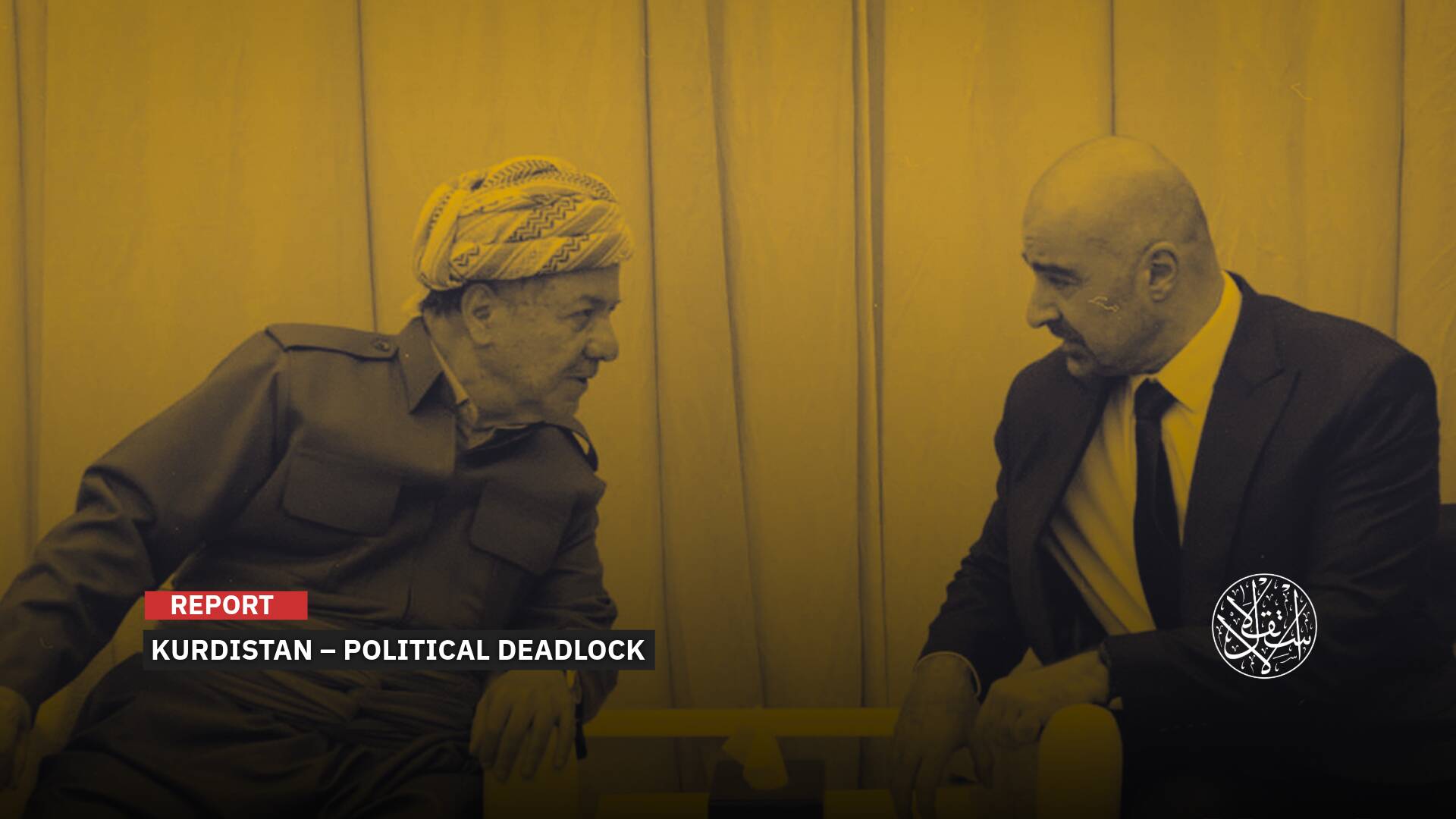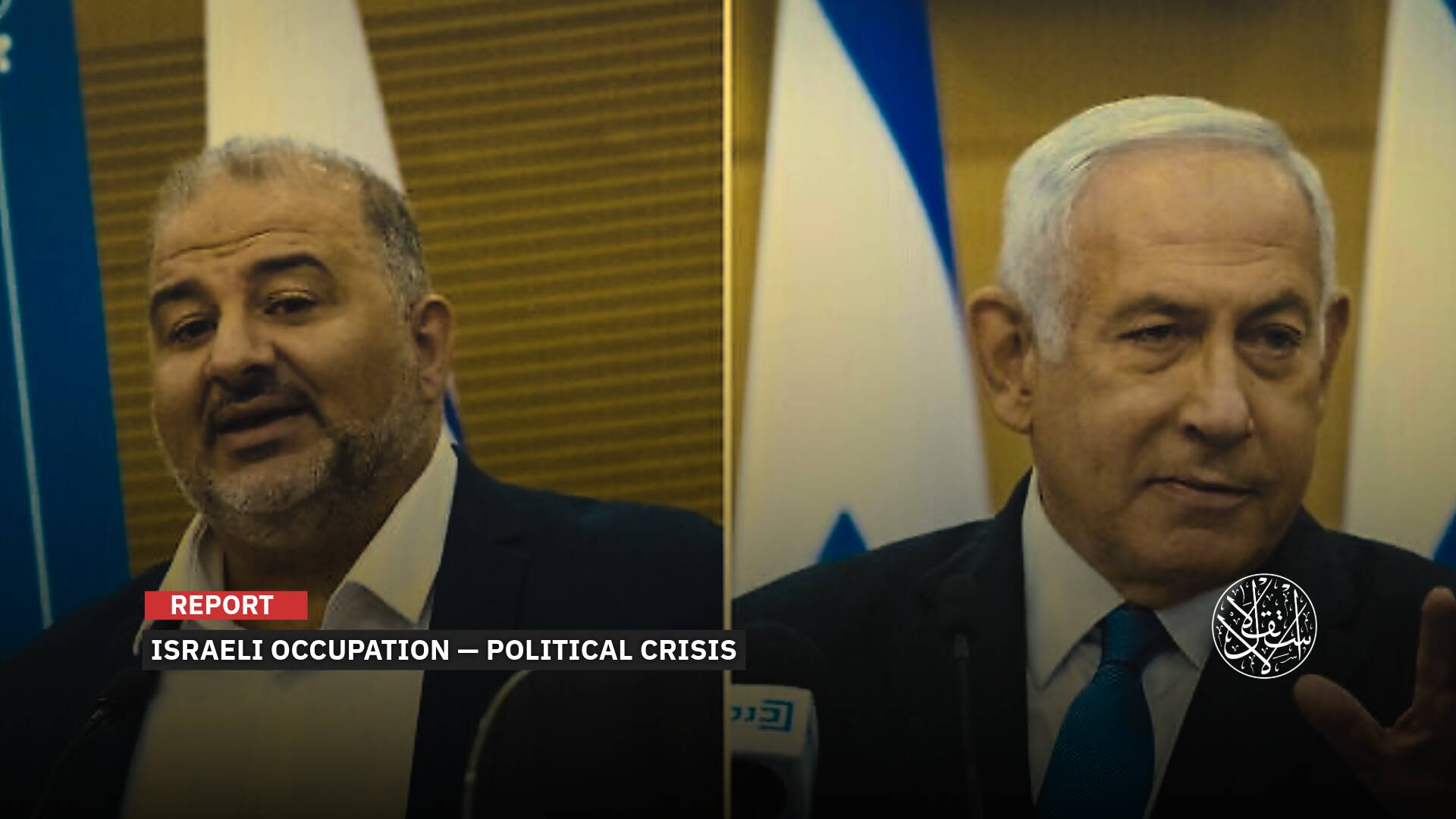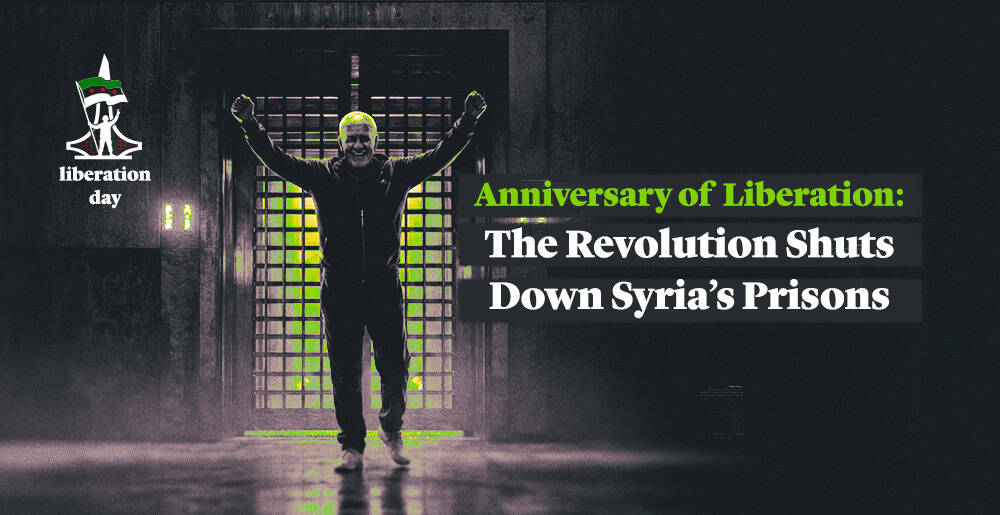United for the First Time — Why Did the Sisi Regime Retreat Before Egypt’s Lawyers?

The crisis of the Egyptian Bar Association with the judicial authorities appointed by Abdel Fattah el-Sisi’s regime, following the imprisonment of 6 lawyers on charges of “quarrels” with judges, was the first real shock to the regime that pushed it to step back.
The crisis, which resulted in lawyers suspending work before the courts and entering into arguments with judges and the authority, confused the regime, as it came in light of the escalation of popular anger over the deterioration of living conditions; the authority feared that any spark would lead to a new revolution.
The authority tried quickly to solve the problem, release the imprisoned lawyers, and seek a compromise through reconciliation between the two parties. Observers considered it a submission at a time when crises afflicted Egypt.
They emphasized that the “cooling down” of the crisis, the postponement of the appeal hearing to February 5, 2023, and the passage of the memorial day of the January 25, 2011 revolution was caused by the great escalation of all lawyers, which may lead to popular anger and a new revolution.
The revolution of January 25, 2011, broke out through popular protests over 18 days and led to Muhammad Hosni Mubarak’s ousting.
Crisis Details
On January 5, 2023, an argument occurred between a lawyer and an employee of the Marsa Matruh court in northern Egypt. The former was asking about the agenda of the sessions and the rulings that were issued, but the employee refused to give him any information, which led to a quarrel between a number of lawyers and employees.
Judges have recently become accustomed to leaving court sessions without pronouncing verdicts, so the court employees start to blackmail case owners and lawyers by asking for money in order to inform them of the rulings or the details of what has been decided.
In the Matruh case, the matter happened in this same way.
The employee refused to show the lawyer the case papers, and it developed into a quarrel in which other parties intervened. A judge wrote a memorandum accusing 6 lawyers, and a decision was issued by the Public Prosecution to arrest and bring the lawyers.
Montasser al-Zayyat, the famous lawyer, said during his speech before the Lawyers’ Conference in Matruh, saying: “Do not pay court and prosecutors’ employees gratuities.”
After the lawyers surrendered themselves to the police, the Public Prosecution ordered the detention of 6 lawyers for 4 days, and released the court employee, which raised eyebrows. An urgent trial was fixed on January 11, 2023.
On January 18, the Matruh Misdemeanor Court sentenced the six lawyers to two years imprisonment with hard labor, and another two years under police monitoring, for assaulting court employees.
The President of the Egyptian Bar Association and the President of the Arab Lawyers Union, Abdel-Halim Allam, responded to the ruling to suspend the work of lawyers in all courts “for an indefinite period.”
The syndicate’s statement spoke of what it called “an incomprehensible insistence, and clear obstinacy in pretrial detention of lawyers despite the absence of justifications for imprisonment, and an unjustified haste in referring them to trial without completing the investigation procedures,” considering the lawyer’s dignity as a “red line.”
Lawyer al-Zayyat said, in a video posted on Twitter on January 20, 2023, that “there is a deliberate insult to lawyers.”
Previous Concerns
The emergence of lawyers, united for the first time against the authority, with their leftist, Islamic, and independent currents, raised the regime’s fears that their anger would be the start of a new revolution.
Egypt witnessed many crises between the authorities and lawyers and between lawyers and the judges, the most prominent of which was the death of the lawyer, Abdel Harith Madani, after he was tortured during his arrest in 1994.
Another crisis was in 2015 when many Egyptian lawyers protested in Egyptian streets as part of a campaign launched by the Sisi authorities against Islamist opponents, according to a Reuters report published on October 22, 2015.
In June 2015, the lawyers started a general strike after a police officer assaulted one of them inside a security center in Damietta city.

At the end of January 2021, Egypt’s lawyers went on strike again and threatened to suspend work because there were no punitive measures against a police officer who assaulted 7 lawyers during their release in a police station.
Thousands of lawyers organized protests in the capital, Cairo, on December 5, 2022, and in several other governorates, against a government decision on the “compulsory electronic bill,” which led to the announcement of postponing the implementation of the decision in order to absorb this anger.
During the demonstrations that took place in 12 governorates, lawyers denounced the policies of raising prices and increasing taxes. They also chanted against the Minister of Finance, Mohamed Maait, and the International Monetary Fund.
Creep and Rage
Hours before the hearing of the appeal of the six lawyers in Matruh, hundreds of lawyers demonstrated.
Gathered in front of the court, the lawyers chanted: “Against the power that slaughters us…against the judges that slaughter us,” and “The union will not die,” “Raise your head, lawyer…you are the shield, and you are the protector, you are the lawyer, insult won’t work.”
They continued their chants amidst strict security measures: “Oh God, protect the lawyers…write on the wall of the cell…the imprisonment of lawyers is a disgrace and treachery.”
المحامين من كل محافظات مصر في طريقهم الي محكمه #مطروح ��#نقابة_المحامين pic.twitter.com/HUvwFLIewB
— MOHAMED��ABDELRAHMAN�� (@mohamed041979) January 22, 2023
Lawyers celebrated in the streets of Matruh after releasing 6 of their colleagues, in addition to the suspension of the execution of a two-year prison sentence and reserving the session to pronounce the verdict on February 5. Activists said that the verdict means the regime acquiesced to the lawyers’ demands.
The scene of the influx of lawyers into the court’s headquarters, and the waves of criticism on social media a few days ago, represented a “headache for the authorities” and also fears of another revolution; lawyers were all united together, even those loyal to the authority.
Newspapers were instructed to completely ignore the news of the lawyers and their union, and just present the matter as a mere quarrel between lawyers and employees, which ended in reconciliation, as simple as that.
Alarm Bell
Lawyers confirmed to Mada Masr on January 21, 2023, that “the crisis raises the issue of the absence of the rule of law and the imbalance of justice to the public. It also sounds the alarm hours before the anniversary of the January 25 revolution.”
They stressed that the authority intervened to avoid the escalation of the events by not encouraging the groups who object to many policies to join the lawyers whose profession is now threatened, indicating that the statement of the Judges Club was deleted from the newspapers.
The site quoted lawyer Tarek Khater as saying: “The gathering of more than a thousand lawyers in Matruh Governorate is a big event that the authority will avoid accessing because it does not want other groups affected by the social, economic and political conditions to object.”
Concerning the reasons for the successive protests of lawyers, Khater said: “The matter stems from a collective feeling by an important number of lawyers that the misuse of the rule of law threatens their profession and their livelihood, which prompted them to cross the barrier of fear to the extent of going out in mass demonstrations in front of their union in the center of the country.”
He pointed out that “lawyers are currently unable to meet with prosecutors, and security prevents them from just being close to the corridor in which the rooms of prosecutors are located.”
Khater said: “The Matruh crisis began with the judge’s violation of the law, which stipulates that the judge should announce the verdicts in a public session,” adding: “the Matrouh judge finished the session, handed the verdicts to the secretary, and left. As a lawyer, I want to know the outcome of the verdict because the accused is imprisoned, and his family is waiting for the decision.”
He stressed that “the judge did not respect the legal text and did not announce the verdicts in a public session, as well as the prosecutor, who is supposed to implement these verdicts and release those who obtained an acquittal or complete the procedures, and who also did not attend the session.”
Khater concluded his speech by saying: “The lawyer has become under the authority of the employee, the secretary, and the military that announce1 the rulings.”
Sources
- The Bar Association announces the end of the “Matruh Lawyer” crisis by reconciling with the court employees [Arabic]
- Attempts to contain the crisis of "lawyers" in Matruh, hours before the "appeal" of their imprisonment...and movements towards the governorate for solidarity [Arabic]
- Egyptian websites delete a statement by the Judges Club about the lawyers' crisis [Arabic]













